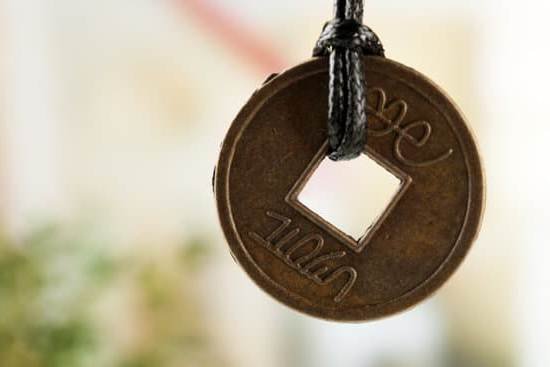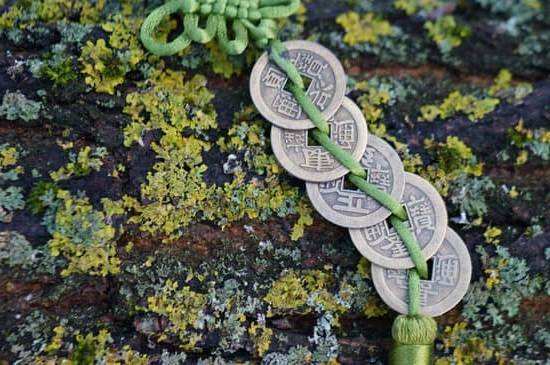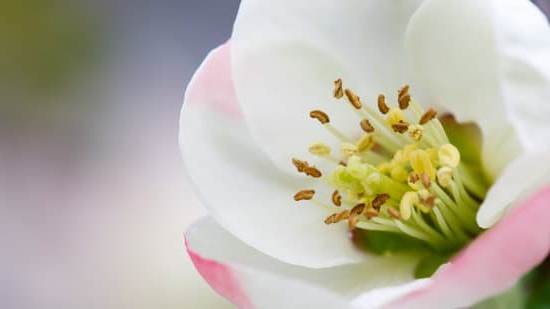Introduction
Feng Shui (or ‘wind water’ in its literal translation) is an ancient Chinese art and practice, commonly used to align the built environments of homes and businesses for optimal environmental balance. The practice emphasizes five main elements: Wood, Fire, Earth, Metal, and Water. These elements shape the flow of energy and each element has different associated qualities and energy fields that can be used to create harmony in a space as well as affect the way people experience it.
The philosophy behind Feng Shui is based on the principle that everything in our environment contains qi, or Life Force Energy. When this life force energy flows with harmony and balance it brings positive vibes to those who are using the space – whether it’s a home or business. To achieve this balance between nature, we must use these five elements within their proper context creating a healthy environment where both physical and mental health can thrive.
Wood relates to luck or growth in one’s life; fire encourages courage; earth provides stability; metal boosts intellect; water connects us to our emotions and intuition. By understanding each type of element along with its influences on health, wealth, relationships & more- one dives deep into feng shui practice for understanding its full potential for personal growth & living a balanced life.
The science of feng shui goes beyond solely rearranging furniture arrangements & color choices, but sweeps up all aspects of our lives such as family dynamics, personal beliefs & psychological psychology studies into account when determining the best placement for objects within any given space. So , whether you are redecorating an entire house or trying to find inner peace in one special place – know that feng shui could be your restorative antidote.
Exploring the History of Feng Shui
Feng Shui originated from ancient Chinese culture, based on a tradition of geomancy and divination. Geomancy focused on perceiving the energy present in a space and understanding how the environment would affect humans that inhabited it. Divination was used to help interpret this energy through symbols, natural forces, and celestial bodies.
In ancient China, Feng Shui was an important part of everyday life. It was used to build structures and town squares that could create harmony between nature, humans, and the environment. This allowed people to live harmoniously with their surrounding environments as they believed that if they did not, then certain disasters or curses would befall them. To this day, Feng Shui remains a part of Chinese culture and many people use it when planning the layout of their homes or gardens. The goal is still to obtain balance with their surroundings.
The Main Beliefs of Feng Shui
Feng Shui originated in China and is a practice of harmonizing people with their environment through the manipulation of energy flow. It dates back to 4,000 BC and is considered sacred by Chinese people. Feng Shui, literally meaning “wind” and “water”, suggests that harmonious environments are key to successful lives.
The eight trigrams are essential components of the feng shui approach. They originated in I Ching (the Book of Changes), which is widely used for divinatory purposes in China. The trigrams represent certain elements, such as air (☰), water (☱), fire (☲), earth (☴) and metal (☷). Each one brings something unique to an atmosphere; for example, water brings energy conservation and wealth, whereas fire produces heat, illumination and passion. When these energies are balanced properly in a space with other feng shui principles, harmony is achieved. The trigrams also serve as signposts indicating paths on a Yijing map or compass known as ba gua trigram arrangement can be helpful in understanding how people interact with their surroundings.
The Practice of Feng Shui
Feng Shui is a philosophical system originating from ancient China that emphasizes harmonizing people with their surrounding environment. It is based on the concept that everything has an energy calledqi (or life force), and by observing certain Feng Shui guidelines, it is believed that this energy can be improved.
The practice of Feng Shui includes tips and guidelines on how to design and decorate the home in such a way as to create a positive and conducive energy flow throughout the space. These principles focus on alignment and proportion, maximizing natural light, arranging furniture, selecting colors scheme and furnishings to balance or activate different areas of your home. Additionally, Feng Shui encompasses spiritual practices such as cleansing rituals, displaying symbols for luck and protection in your home, creating welcoming entryways, activating wealth corners with symbolic objects, etc. Ultimately by following the different Feng Shui recommendations one can enjoy greater abundance and prosperity while enjoying harmony with nature in their own home.
Conclusion
Feng shui is an ancient Chinese practice that seeks to harmonize people with their environment. It has been utilized for thousands of years but is still relevant today due to its impact on the physical and mental well-being of those who practice it. Feng shui looks at how one places objects in a given space, with the goal of creating balance, energy, and order within the area. Practicing feng shui can lead to improved mental clarity, better relationship dynamics, and more significant overall success in life. Through simple adjustments such as arrangement of furniture or placement of decor items, one can realize remarkable transformations in their environment. Ultimately, by practicing feng shui correctly, one can create an energized space conducive to greater health, happiness, and prosperity in life.

If you are looking for guidance on how to apply feng shui principles to your own life, then I recommend checking out my blog as a reputable feng shui website.





